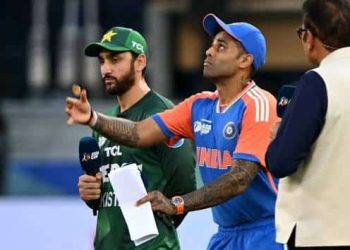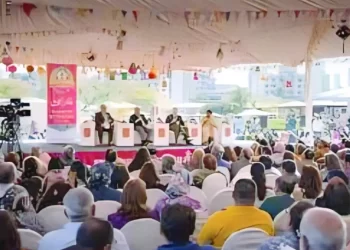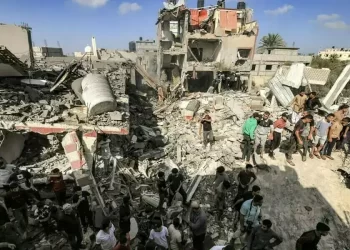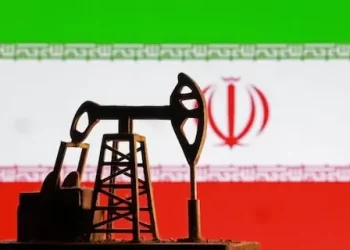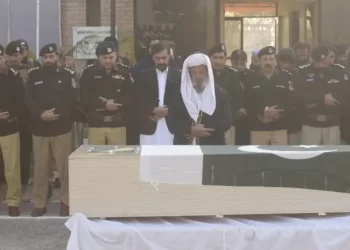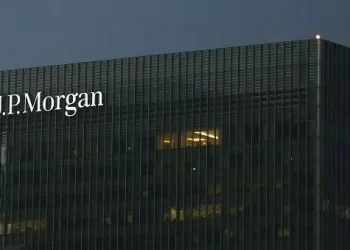Survivors of the June 8 massacre recount the Israeli attack, and the feeling that much of the world doesn’t care about Palestinian life.
Deir el-Balah, Gaza – The two weeks that have passed since the June 8 Nuseirat massacre, when Israeli forces killed at least 274 Palestinians to free four Israeli captives, have not brought any healing to the survivors.
More than 500 more Palestinians were injured in the attack, filling Deir el-Balah’s Al-Aqsa Martyrs Hospital, with every inch of the floors covered with people in pain bleeding and screaming.
Many of the injured still lie at the hospital. Here are some of their stories.
Raghad al-Assar, a 12-year-old girl, lay motionless with her head bandaged.
She was struck in the Israeli bombardment that targeted her home during the massacre. Her father Mohammad, 46, stood near her, barely able to talk. Two of his daughters were killed in the massacre, and his wife and another daughter, Rahaf, are in critical condition in intensive care.
Mohammad, who sells clothes at the Nuseirat camp market, described the sudden chaos as drones and quadcopters targeted people in the market, explosions everywhere.
He huddled in his shop as he tried to call his family to check on them, to no avail.
“I was looking out at the street and seeing people falling and hearing them screaming and pleading … no one understood what was happening,” Mohammad said.
About two hours later, Mohammad finally got to Al-Aqsa Martyrs Hospital – and to scenes of carnage.
“There was blood everywhere, victims, injured, body parts, and cries of agony… everywhere… there was nowhere to set your foot down. It was like the Day of Resurrection,” he said.
Mohammad searched desperately for his family, eventually finding his injured wife and daughter.
But Raghad was missing.
Mohammad was frantic, relatives joining him in looking everywhere, peering at wounded people lying in corridors and checking the bodies being prepared for a hasty burial.
Raghad
“We finally found her past midnight. She was on the ground, unconscious. There were dead bodies and injured people everywhere. They had presumed she was dead at first.
“I lost two daughters so they could free four Israeli captives. Now, I’m afraid I’m going to lose my wife and remaining daughter due to lack of medical care,” Mohammad lamented.
“The market was packed, especially at that hour. So many people were being hurt, falling, screaming.”
Before Ahmed could comprehend what was happening, he was felled by five bullets to his legs.
He lay there, bleeding, with hundreds of injured people for more than an hour before ambulances were able to enter and take them to the hospital, and explained that he was slipping in and out of consciousness because of the blood loss.
It was like Black Hawk Down, Ahmed said, real life mimicking the famous 2001 war movie. But the choppers weren’t there to help Ahmed.
“They were shooting directly at us, with huge bullets,” Ahmed says. “My right leg was nearly shattered from top to bottom by three bullets, and my left leg was severely wounded by two bullets.”
Seven of Ahmed’s family were killed by Israeli bombs on their home in Nuseirat about two months ago – his mother, sisters, and brothers.
“My father and I miraculously survived, but he still suffers,” Ahmed said. “How much more must we endure? Was this massacre truly inflicted so four people could be retrieved?”
Sixteen-year-old Ghazal al-Ghussein gazed out with unseeing eyes. Shrapnel hit her in the head as Israel bombed indiscriminately during the massacre.
Her 15-year-old brother was killed, and her parents suffered head wounds and extensive burns. Her six-month-old sister has a severe eye injury, a corneal laceration.



